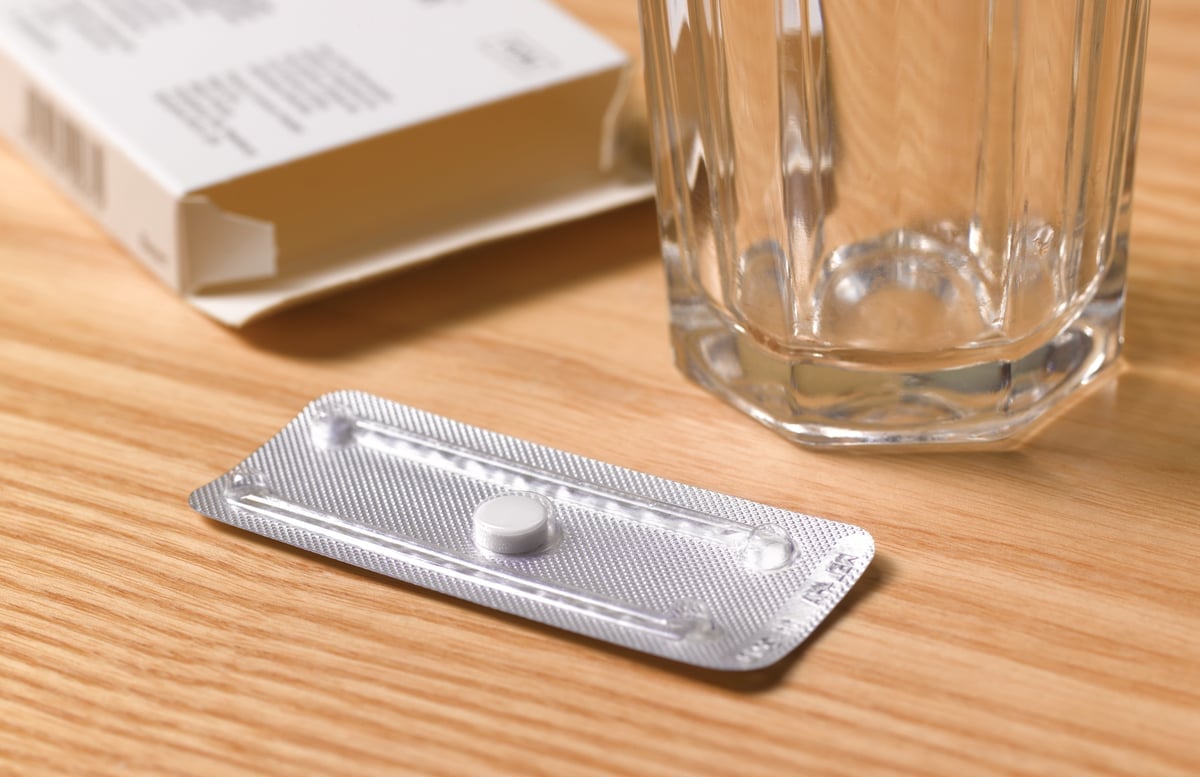
Elle is known to Mamamia but has chosen to remain anonymous for privacy reasons. The feature image used istock photo.
Elle thought she was doing the responsible thing by taking the emergency contraceptive pill after having unprotected sex.
She remembers being quite surprised that the simple silver packet the pharmacist handed her didn't come with a leaflet with information about side effects and what to expect, like you get for the daily contraceptive pill.
But she shrugged, swallowed the pill, and got on with her day.
At 4am the following morning, she woke up feeling faint. She staggered to the bathroom and vomited everywhere.
SIDENOTE: The best position to sleep in when you're on your period. Post continues after video.
She eventually went back to bed, but when she woke up again and looked in the mirror her face was swollen.
"I took a couple of days off work to recover and then the next month rolls around and I get my period and I wake up again at 4am and exactly the same thing happens," Elle told Mamamia.
Except this time the symptoms were worse, and they kept on getting worse every period.


